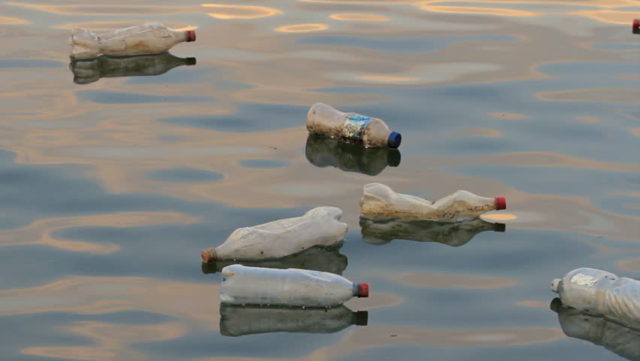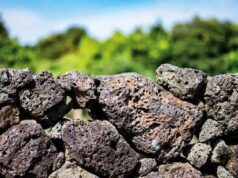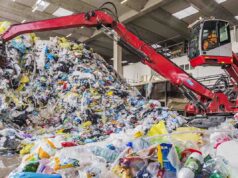By Nathan Kiwere
Caring for creation is hard work. Many people are ignorant about the significance of safeguarding their environment and are, thus, engaged in its wanton destruction through careless anti-nature behaviours. One of the most heartrending scenes I witness almost on a daily basis is someone throwing an empty bottle of mineral water from inside a car into the road or roadside. Sometimes a closer look at the bottle thrower reveals a seemingly benign person and most likely educated. It seems the problem is environment protection transcends age, race, sex, education, social status and even religion. Most believers in God, the creator of heavens and the earth, have very little understanding of their responsibility towards protecting the creation. But what do the scriptures say about creation, also known as nature and/or environment? And what is our place in it? In this three-part series, we shall be looking at the biblical perspective on environmental stewardship and the role of believers (Christians) in taking care of the earth.
The Lord God placed man in the Garden of Eden to tend and watch over it (Gen 2:15). God gave mankind a command and told him that he must tend or keep the garden. The Hebrew word for ‘tend’ (some translations say ‘keep’) is ‘shamar’ – and it means more than just keeping neat and tidy. The Hebrew word means ‘to guard’ or ‘to watch and protect’. The other important word in this verse is “work”, or as some translations more accurately say “to cultivate” – and it is from the Hebrew word “`abad”, meaning “to serve”. So, Genesis 2:15 would better read as: “The Lord God took the man and put him in the Garden of Eden to serve it and to guard and protect it.” That means we are stewards of the earth, and the Master will require of us an account on how we have been stewards of what He has given us. So far, it has not been good stewardship, to say the least.
The Bible also says God loves the world He created. He loves the whole world. We often read part of John 3:16 as “God loves the people in the world”, but this is not what it says. While mankind is special amongst all creation, it is clear that God loves all His creation and all of it will one day be re-created. Psalm 24:1 puts it thus: “The earth is the Lord’s and the fullness thereof, the world and those who dwell therein.” This is not our earth because the title holder is God and He will hold us responsible for how we care for it. As we read in Revelation 11:18, those who abuse and destroy the earth will not go unpunished. Knowing the earth is not really ours, we should treat it with the respect of knowing it is God’s own possession and not ours; God gave it to us to use for our own good.
God commands us to keep and care for the earth, but His edict for us to have dominion over the earth doesn’t mean we have complete domination and exploitation of it. Sadly, however, this is what has happened; we continue to rape the land, denude the forests, strip-mine the hills, burn through the resources, and gut the earth. This is the only place we have and if we choose to abuse it, it will be a choice we will live to regret.
Pastor Michael Kintu of House of Revival Church in Kisaasi says most believers simply don’t understand what is going on in the corridors of environmental protection and degradation.
“When you engage believers in a conversation about nature and environment, they don’t see that as spiritual stuff; they rather think it is stuff for the government and NGOs. It is a knowledge problem!” says the pastor. This could explain why few preachers, if any, ever take time to use their platforms to talk about the Christians’ responsibility towards tending to creation as a spiritual duty. Probably, not many of the preachers themselves look at it that way!
Moreover, this prevailing ignorance about stewardship of our environment will not afford us immunity from the creator. Revelation 11:18 says: “The nations raged, but your wrath came, and the time for the dead to be judged, and for rewarding your servants, the prophets and saints, and those who fear your name, both small and great, and for destroying the destroyers of the earth.” God will not leave those unpunished who destroy the earth because those who do so are only interested in using and abusing the earth to make a profit – but at what cost? We all are responsible for how we live our lives. If we throw trash out of the car, leave trash in campsites or pour out toxic wastes in the ground, then where shall we live when mother earth is wrecked?






















